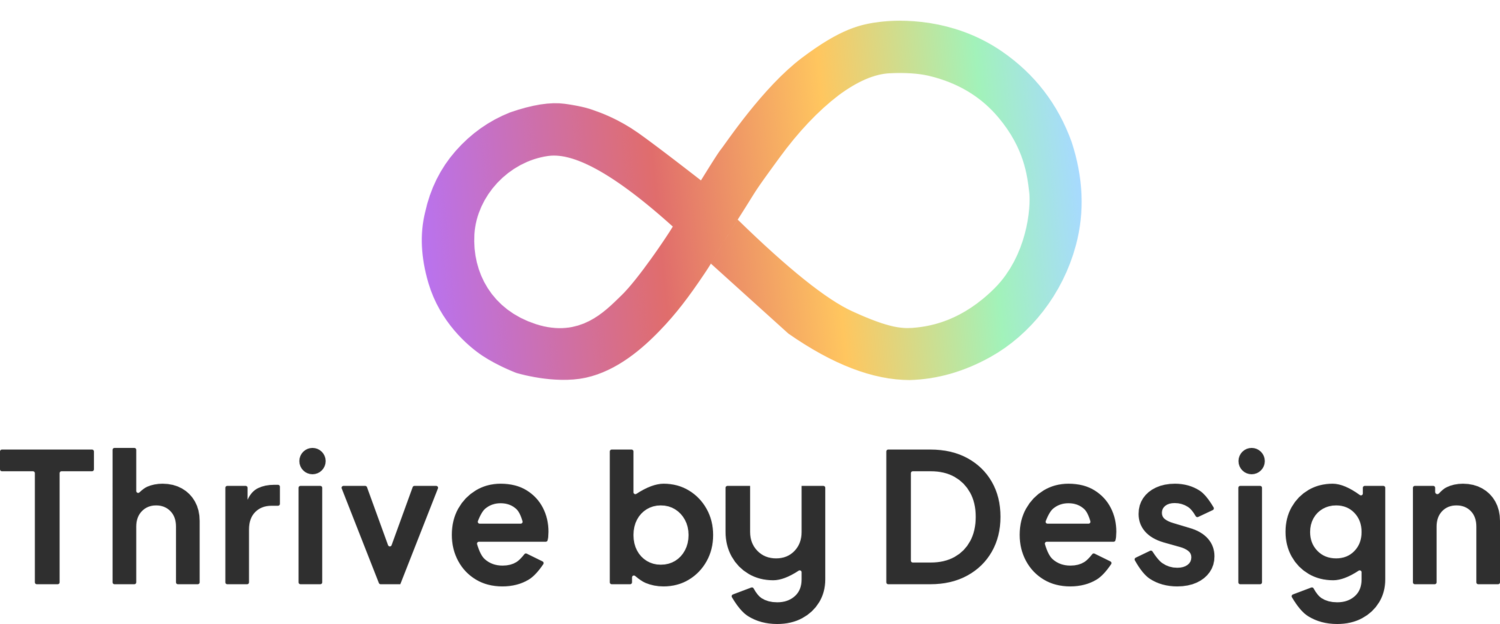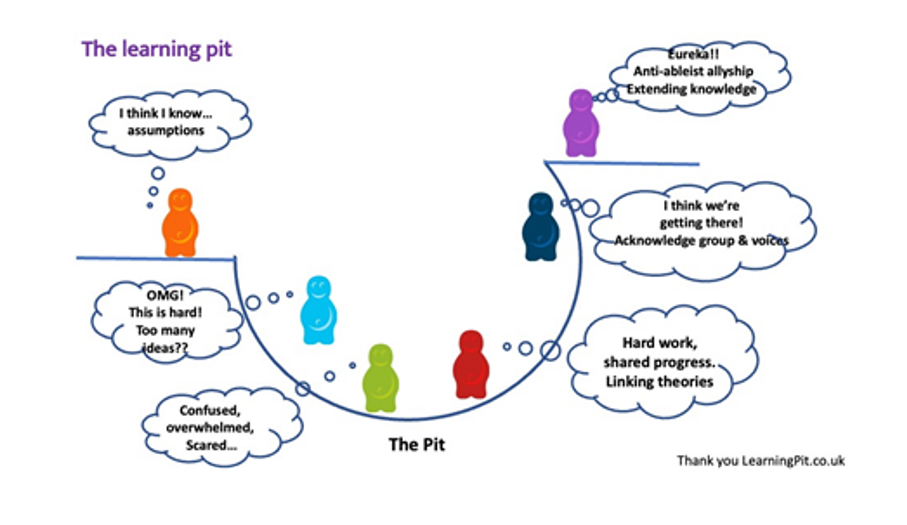Equality, diversity and inclusion
This year the team and I are embarking on a journey to explore how we can advance our knowledge and practice of equality, diversity and inclusion to ensure that we put it at the heart of everything we do.
So far, we’ve taken part in a series of sessions led by Dr. Mole Chapman which had a focus on disability, and how to tackle ableism at work.
Ableism
“Unfair treatment of people because they have a disability, an illness, injury, or condition that makes it difficult for them to do things that other people do”
During the training sessions my first thought was that I didn’t know enough about the subject and that I was terrified at the possibility of saying the wrong thing and offending someone. For this reason, I initially kept fairly quiet and listened.
After a while I started to think that if I didn’t fully participate in the conversation, I’m not going to be able to learn and change. I accepted that even though I wouldn’t get everything right straight away, and that I would probably make some mistakes during the learning process, that nevertheless I needed (and wanted) to start learning the right things in the right way.
How do we begin a conversation about disability?
The first step for me was acknowledging that this is a professional responsibility - see here, as well as for me, a choice.
There needs to be a will to do so and a will for change. Voicing my fears and being honest, open and vulnerable helped me to kick start the conversation.
A big difference was made by a reflection that Mole prompted during the session around the words used to ‘define’ disability. Thinking about the language helped me understand how a discriminatory language can be recognised and avoided. In Mole’s words, ‘‘exploring the language helps us become more nuanced in order to become more intentional’’.
The learning pit
One of the many things that made Mole a brilliant teacher was the recognition of both the subjects complexity and the journey that the learning would take us on. From information overload and the fear of getting it wrong, to getting to grips with things and beginning to understand where we can apply the learning to our work and make positive changes.
Original source: The Learning Pit
Takeaway messages
Here is a summary of my key learning points from the sessions with Mole that I will be reflecting on over the coming weeks.
Not all impairments, differences, and conditions are visible
People are disabled by society, or in other terms - ableism
You probably won’t get it right straight away but language matters. Different words have different meanings, for example, it is common to use illness and disability interchangeably. Which can lead to disability been seen as a problem to be cured. If a disability is seen as a ‘problem’ it becomes both a personal issue and someone else’s. Where practice/professionals cannot /will not change, disabled people are sent elsewhere. And that is not how we change things for the better
One to two in 10 people can choose to identify themselves as disabled but many don't. This means that the disabled population needs to be viewed as global majority, not a minority group
Often disabled people are viewed as a completely separate group rather than a bigger population facing a common disadvantage
Where personal, private boundaries and barriers are ignored, impairment becomes the focus. This means that we tend to largely ignore the discrimination and inequality imposed on the disabled population: for example, by stating they have a disability rather than saying they are disabled by society. The Disabled people's movement in the UK has used the term Disabled for many years. Disabled, rather than people with disabilities, is used to emphasise the idea that Disabled people are disabled by the world rather than having a difference.
We need to challenge the status-quo and its associated stereotypes which can lead to prejudice.
Using respectful language is not whether a word is right or wrong, but exploring and understanding why the meaning strengthens a narrative that exists in societal and organisational storytelling around disabilities.
I cannot thank Mole enough for sharing her insight, passion, knowledge and experience with us. It was invaluable. We pledge, as a team and personally, to continue to consolidate our learning.
To find out more about Dr. Mole Chapman, please have a look on her website.
Where next
As part of our series of awaydays I am working on a session which will take our team through the co-design approach we apply to all our work to decide what we are going to do moving forward as an anti-ableist team.
Definitions
Definition of disability under the Equality Act 2010:
You’re disabled under the Equality Act 2010 if you have a physical or mental impairment that has a ‘substantial’ and ‘long-term’ negative effect on your ability to do normal daily activities.
What ‘substantial’ and ‘long-term’ mean
‘substantial’ is more than minor or trivial, eg it takes much longer than it usually would to complete a daily task like getting dressed
‘long-term’ means 12 months or more, eg a breathing condition that develops as a result of a lung infection


